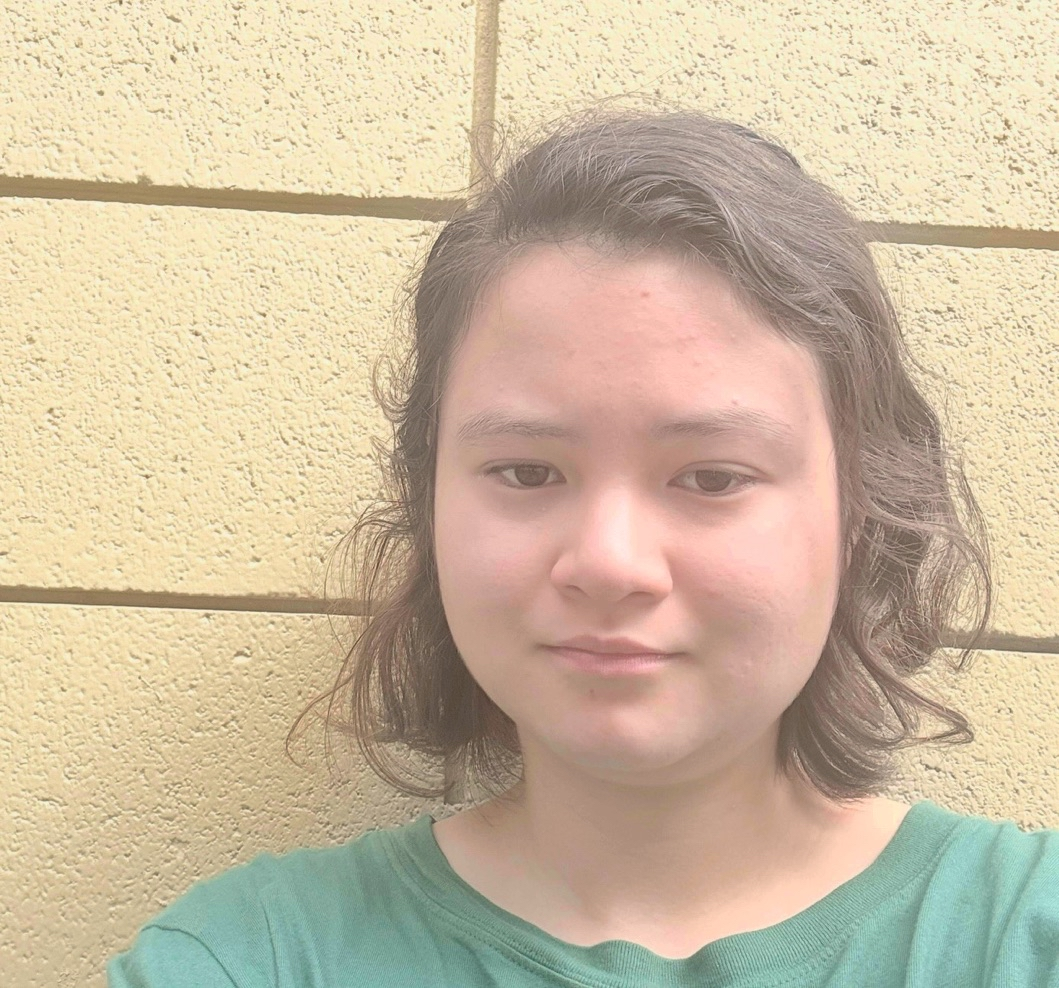Project Incubator
A student-led program where student teams develop ethical, high-impact technology and policy projects and showcase it publicly.
About the Program
The Project Incubator is a multi-week, student-led initiative where participants take an idea from concept to a completed project. The program is run by students, with experienced peers guiding new teams through each stage. This structure gives participants the chance to learn while also providing leadership and mentoring experience for those who take on support roles.
The Incubator is intentionally broad and interdisciplinary. Projects can draw from technology, science, policy, design, or any area where students see an opportunity to make a difference. Submissions can take many forms—research papers, prototypes, policy proposals, educational resources, or other creative outputs.
By working together in a structured but flexible environment, students develop skills in collaboration, project planning, and ethical reflection, while producing work that reflects both their interests and the values of responsible innovation.
The benefit of the Incubator is multifaceted: students who might not otherwise have the chance are introduced to interdisciplinary research, gain leadership experience through peer mentoring, and build exposure to real-world project development
How It Works
Getting Started
Students sign up individually and begin by either joining an existing project or brainstorming and scoping a problem they want to work on.
Mentor Pairing
Each team is matched with a student mentor who either has experience in the field or has gone through the program. Mentors act as guides, not teachers, helping teams stay organized and on track.
Working Sessions
Teams meet regularly to share progress, get feedback, and refine their work. This collaborative process keeps projects moving while leaving room for flexibility and creativity.
Final Showcase
In the last weeks, teams prepare a public output—such as a paper, prototype, or campaign—to share with a broader audience as a tangible outcome of their work.
The Incubator lasts several weeks. At the start, students sign up individually. Mentors will have projects that they already planned out that students can join. Students could also brainstorm and scope out a new project they want to work on. Some choose to build something technical like a prototype or app, others focus on research papers, policy proposals, or even creative projects like educational campaigns.
Each team (if not already a part of a mentor's project) is matched with a student mentor who either has experience in the field or has already gone through the program. These mentors don’t act like teachers but more like guides—checking in, helping teams stay organized, and sharing advice from their own experience. That way, students who mentor also practice leadership and management.
Throughout the program, there are regular check-ins where teams share progress and get feedback from other participants. This makes it collaborative and keeps projects moving forward without being too rigid. Ethics is a built-in part: students are encouraged to think about the broader impact of what they’re creating, not just whether it “works.”
By the final weeks, teams prepare their work for a public showcase. This could be publishing a paper, presenting a prototype, or sharing another kind of output. The idea is that every student finishes with something tangible that demonstrates both their learning and their creativity.
Peer Mentorship & Leadership
Work with student mentors who have prior experience in the field or the program, gaining both guidance and leadership practice.
Interdisciplinary Exposure
Explore projects that can span AI, biotech, policy, climate, or design, encouraging broad learning across disciplines.
Tangible Outcomes
Finish with a completed paper, prototype, campaign, or policy proposal to showcase publicly.
Completed Projects
Explore outcomes from previous cohorts, including open-source tools, policy briefs, and case studies. These projects showcase how student ideas grow into real-world solutions with mentorship and support.
AI Prevention and Prediction of Type 2 Diabetes Research Paper
A comprehensive study evaluating AI models that use genetics, EHRs, and wearable data to predict and prevent type 2 diabetes, including fairness and privacy considerations.
Exploring Potential Solutions to Optimize Cancer Therapy with Cell Reprogramming using Gene Network Analysis
A bioinformatics pipeline identifying hub genes in malignant networks as potential reprogramming targets, pointing to ribosome biogenesis as a lever for reducing metastatic potential.
NeuroRisk Early Detection and Monitoring System
A smartphone-based framework that derives a continuous Neuro Score from speech, motor, and cognitive signals to flag early signs of Parkinson’s, Alzheimer’s, and ALS.
Predicting Superconductors’ Critical Temperature Using Machine Learning
A physics-informed deep learning model trained on 21k+ materials to predict Tc with high accuracy, accelerating materials discovery across cuprate and non-cuprate families.
Gesture-Guided AI Task Planning for Virtual Surgical Robots in AMBF
An integrated pipeline converting real-time hand gestures into structured surgical intents for safe, AI-assisted task planning in a da Vinci–style simulation.
A Framework for Auditing the Consequences of CRISPR
An audit tool scoring ethical, clinical, societal, and environmental risks of CRISPR, benchmarked against human judges to inform responsible biotechnology use.

"The [Project Incubator] program has been a really great experience so far! I'm excited to see how my project develops over the next few weeks."
Apply to the Incubator
Apply to be part of the Project Incubator program and bring your ideas to life.
Frequently Asked Questions
The program is open to high school and undergraduate students worldwide.
No. Some students join with a clear idea, while others develop their project during the first weeks of the program with guidance from mentors and peers.
Most teams spend around 2–4 hours per week on their project, including team meetings, mentor check-ins, and independent work.
The Incubator is multidisciplinary—projects can be technical prototypes, research papers, policy proposals, educational campaigns, or creative outputs. What matters is a clear problem and a thoughtful approach.
No. Mentors who have either gone through the program or have relevant experience will help guide you. The program is designed to support both beginners and advanced students.
No. The program is free to join. We aim to make participation accessible to all students, regardless of background.